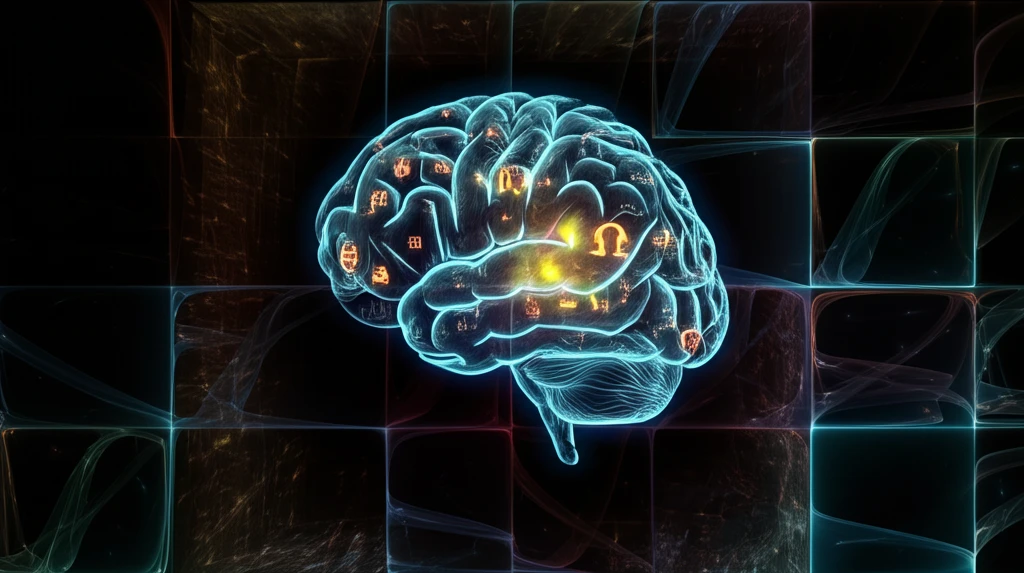
Unlock Language Learning: How AI and Tech are Rewriting the Rules
"Explore the cutting-edge intersection of natural language processing and computer-assisted language learning, and how it's transforming education for a new generation."
For decades, language learning has been a pursuit often characterized by rote memorization, tedious drills, and varying degrees of success. Traditional methods, while valuable, frequently demand significant time, resources, and personalized instruction – elements not always accessible to every learner. But what if technology could bridge these gaps, offering tailored, engaging, and effective language education to anyone, anywhere? This is the promise of natural language processing (NLP) in computer-assisted language learning (CALL).
NLP, a branch of artificial intelligence, empowers computers to understand, interpret, and generate human language. When applied to language learning, NLP tools can analyze learner input, provide instant feedback, personalize learning paths, and create immersive educational experiences. From intelligent tutoring systems to interactive language apps, NLP is revolutionizing how we acquire new languages.
This article explores the transformative impact of NLP on language learning, examining its history, current applications, and future potential. We'll delve into the specific technologies driving this revolution and how they're shaping the educational landscape for learners of all ages and backgrounds.
The Rise of Intelligent Language Learning

The integration of NLP into language learning isn't a sudden phenomenon. It's the culmination of decades of research and development in both computational linguistics and pedagogical practices. Early CALL systems laid the groundwork, utilizing basic computer technology to deliver exercises and track student progress. However, these systems lacked the sophisticated analytical capabilities that NLP now provides.
- Personalized Learning Paths: NLP algorithms analyze a learner's strengths, weaknesses, and learning style to create a customized curriculum.
- Instant Feedback and Error Correction: NLP engines can identify grammatical errors, suggest alternative phrasing, and provide explanations in real-time.
- Interactive and Immersive Experiences: NLP facilitates the creation of chatbots, virtual language partners, and interactive simulations that mimic real-world conversations.
- Access to Authentic Language Resources: NLP enables learners to explore and analyze vast corpora of authentic texts and audio recordings, fostering a deeper understanding of language use in context.
The Future of Language Learning is Intelligent
As NLP technology continues to evolve, its potential impact on language learning will only grow. We can anticipate even more personalized, adaptive, and immersive learning experiences that blur the lines between traditional classroom instruction and real-world communication. The future of language learning is intelligent, and NLP is paving the way.
